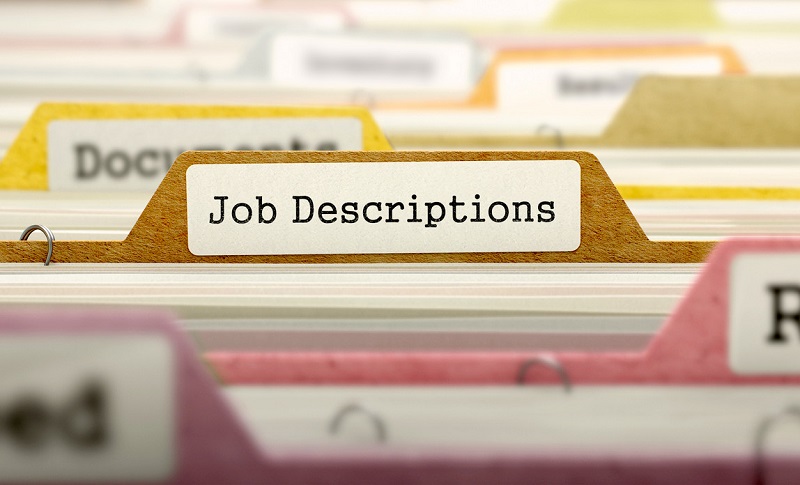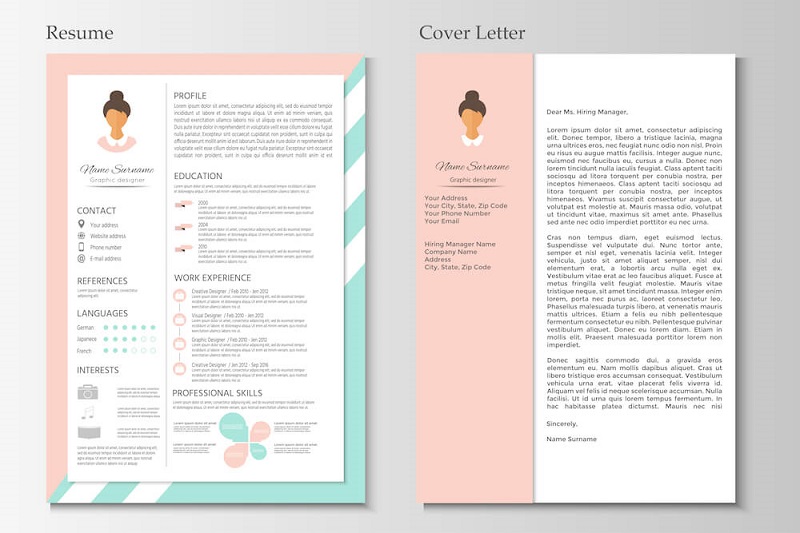Constantly ignored and overlooked job descriptions, what are they for? Nowadays, the purpose of job description can seem quite redundant and pretty much useless. With the unending excess of data on the internet, there’s no wonder why people would think that. Of course, if one can find all the necessary information about a company and a vacancy on their site. However, things look this way only to an untrained eye.
So, let me shed some light upon and answer this question: “Why are job descriptions important?”

These statements are a useful tool in the process of hiring and provide a lot of important information to applicants, without having to contact them directly. They make it clear what the managers will expect from potential employees, define duties and responsibilities of said employees to let them focus on more important tasks, enable collaboration between new colleagues via the sharing of descriptions, and much-much more.
But this useful device can be used to benefit not only recruiters.
How to use job description to your advantage
As was mentioned before, job role description contains a lot of valuable information about the job vacancy and the hiring company. In this matter it is important to contain yourself and not to do any rash movements.
Yes, I know, this is exactly what you were looking for: the job title, the pay, the company. Other details are useless, but before you lose yourself in wonderful fantasies and send your application there is something, you should do. You should extract everything handy from the description, milk it to the last drop.
If you want to increase your chances of employment to the maximum, I urge to read and re-read the description, all the while highlighting hard and soft skills, required work background, responsibilities and the action words that are connected with them, and other similar stuff. This will help immensely, when we will be actually improving your chances of success. Upon completion, move onto the next step.
Cross-reference the position description with your own abilities
Now it’s time to match your existing resume with the highlighted phrases. At this stage the exact wording is not really important, just focus on the meaning. Do you have the relevant experience? Do you technical abilities correspond with the ones in the description? Do you possess desired soft skills and characteristics? Does your education suits this vacancy?
Examining so intimately and asking yourself such question is hard and may feel like you shouldn’t even apply, but don’t listen to these voices in the back of your head. No one ever is completely ready for the new job they take on, so don’t worry. Unless you absolutely do not qualify for the vacancy, then the time has come to do some editing.
Make sure you tailor resume to the position.

After you’re all done with the horrifying cross-referencing, and made notes about all matches and discrepancies, you can consider changing your resume. Before you delve into rewriting the small details of your resume, consider the big picture. Customizing your résumé for each job opening is extremely important, although it may seem very daunting.
Consider the layout and the formatting style. Is the company you’re applying to is old-fashioned? Use a traditional style. An innovative start-up company? Play around with the design. Is your education more relevant and important for this position? Put it above the work background.
Remember that every part of your application is equally important, because you’re making a first impression and different jobs require different applications. If your composition skills are not satisfactory, then I suggest using professional resume writing services.
Give examples of relevant skills and experience
We gave some thought to the big picture, now we should acknowledge the devil in the details. Now you should take the previously highlighted phrases and incorporate them into your resume. Of course, if you do not possess some technical expertise in some things, then it is obviously not recommend to include them into your skillset. Most definitely you will be outed as a liar, and you don’t want earn a bad reputation for yourself.
On the other hand, the summary, and soft skills/highlights are fair game. It is especially beneficial, if the job description reminded you of your own actual experience, which would suit the vacancy. Also, absolutely do not forget the cover letter and the new T cover letter standards. Tailoring only the resume is a quite foolish move, as the resume and cover letter may end up not corresponding in information they provide.
You’re almost ready to submit your application
We’re just about to reach the finish line and be done with it, but there is always the ‘wrap-up’ left to do. After the grunt work is done, let other people check your application for consistency, continuity, and overall composition. We’re all human and simple mistakes can pass us by unnoticed quite easily. It could friend, family member, colleague, or any other acquaintance that cares about your well-being.
When the reviews come in, and there’s nothing left to do, you can send out your application with absolute certainty that you did everything in your power to get the dream job.